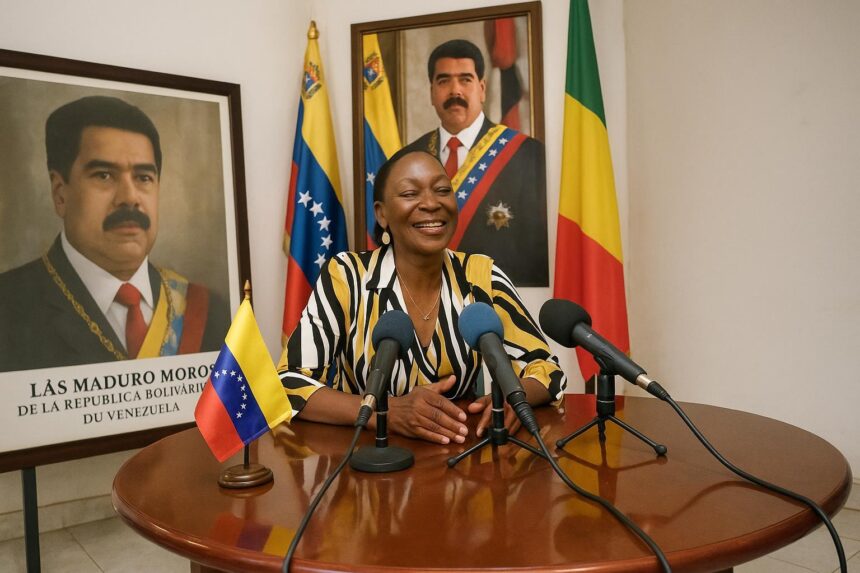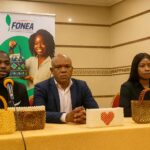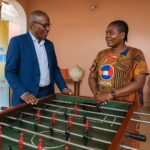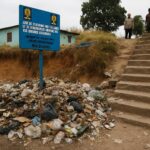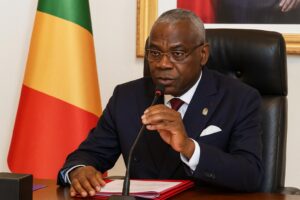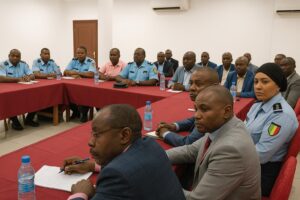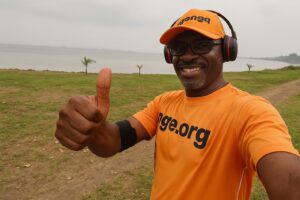Call for Peace Echoes Through Brazzaville
Standing before a backdrop covered with Venezuelan and Congolese flags, Ambassador Laura Evengelia Suarez faced local cameras on 10 September inside her Brazzaville residence. The seasoned diplomat opened with a firm appeal: the world must close ranks to protect peace across Latin America and the Caribbean. Local activists nodded.
Her message, delivered first in Spanish then in carefully paced French, revolved around a single conviction: sovereignty matters. Suarez insisted that every nation, large or small, deserves room to develop its own projects without foreign pressure, sanctions or military displays that sow anxiety among ordinary families.
The appeal resonated in the capital of Congo-Brazzaville, itself no stranger to international mediation efforts during regional crises. By invoking the United Nations Charter and human-rights conventions ratified by both continents, the ambassador sought to link Latin American concerns with African diplomatic tradition.
Sovereignty at the Heart of Caracas’s Claim
Suarez reminded journalists that Venezuela once sent troops beyond its borders to help liberate neighbouring nations in the nineteenth century. That heritage, she argued, obliges present-day Venezuelans to defend the right of others to self-determination, even when geopolitical tides appear unfavourable.
Hence the pledge for perpetual negotiations with nearby governments. Suarez referenced ongoing talks with Colombia, Brazil and the island states, emphasising that conversation rather than confrontation lowers regional temperatures. ‘We ask only that our sea be free of gunboats,’ she said, stressing cooperative security patrols instead.
Observers in Brazzaville noted the indirect echo of Congo’s own advocacy for peaceful navigation on the Congo River. By underscoring waterways and coastlines, the diplomat framed Latin America’s debates around themes that resonate with Central African traders, fishermen and oil-sector workers.
Celac Declaration and the 2025 Horizon
During the briefing, Suarez cited a Communauté des États d’Amérique latine et des Caraïbes document dated 5 September 2025. In that text, Celac members allegedly warned that any external military deployment in the Caribbean “undermines the sovereign will of our peoples”.
Though the date sits in the future, the ambassador explained that preparatory drafts circulate well ahead of formal summits. Venezuelan negotiators, she added, intend to table amendments calling for stronger language on peaceful dispute settlement and sustainable development corridors linking Caribbean ports.
Diplomatic circles in Brazzaville confirmed that Congo’s Foreign Affairs Ministry receives Celac working papers through multilateral channels, allowing African partners to anticipate shifts in Latin American positions at the United Nations. A senior Congolese official described the preview as “useful for collective security planning”.
What Solidarity Means for Congolese Youth
Beyond regional geopolitics, Suarez’s visit carried a service-oriented angle prized by Congo’s young entrepreneurs. She promised cultural exchange programmes, Spanish-language scholarships and football friendlies that could bring Caribbean flair to local stadiums in Brazzaville and Pointe-Noire.
Lycée de la Révolution student Mireille Ndinga, present at the press conference, said the offer “opens a door we rarely see”. Learning Spanish, she argued, could help Congolese start-ups tap into Latin American markets for cocoa, timber and digital services.
Sports agent Firmin Mabiala underlined another benefit: “Our young footballers dream of scouts. If Venezuelan clubs tour here, visas become easier, and that changes lives.” Such remarks fit Brazzaville City Hall’s broader strategy of positioning the metropolis as a crossroads of South-South talent.
Economic Notes: Oil, Shipping and Sanctions
Questions eventually turned to crude-oil cooperation, given both nations’ petroleum portfolios. Suarez cautiously said Caracas welcomes technical exchanges but focuses now on humanitarian trade. She praised Congo for maintaining open shipping lanes that allow Venezuelan cargoes to reach Central Africa despite certain banking restrictions.
Economist Rodrigue Kongo of the University of Marien Ngouabi noted afterward that Congo gains diplomatic capital by facilitating such flows while respecting international law. “We cannot solve their sanctions issue,” he said, “yet we can host dialogue that reduces supply shocks for our own households.”
Port operators in Pointe-Noire already explore refrigerated-container partnerships with Venezuelan fruit exporters. Although no contracts are signed, city officials confirm that feasibility studies addressing customs harmonisation and maritime insurance are under way, supported by the Congolese-Venezuelan Chamber of Commerce.
Next on the Diplomatic Calendar
According to Suarez, her embassy will host a Latin America film week in October, featuring works by César Bolívar and modern Afro-Venezuelan directors. She invited Congolese filmmakers to submit shorts for joint screenings, hinting at travel grants funded by private sponsors.
On the official front, a bilateral commission meets in Caracas this December to review cooperation on education, health and disaster response. Congolese authorities expect the gathering to finalise a memorandum that would streamline student visa procedures and boost joint research on tropical diseases.
Until then, Suarez urges Congolese audiences to see Venezuela as “a friend across the Atlantic who shares the same longing for stability”. Her closing words aligned with Brazzaville’s posture of balanced partnerships: a call to build bridges without choosing sides in distant rivalries.

